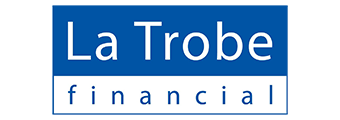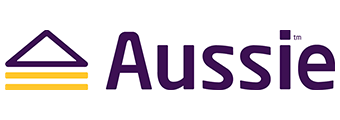Fact Checked
| Lender | Home Loan | Interest Rate | Comparison Rate* | Monthly Repayment | Repayment type | Rate Type | Offset | Redraw | Ongoing Fees | Upfront Fees | Max LVR | Lump Sum Repayment | Additional Repayments | Split Loan Option | Tags | Features | Link | Compare | Promoted Product | Disclosure |
|---|---|---|---|---|---|---|---|---|---|---|---|---|---|---|---|---|---|---|---|---|
6.89% p.a. | 6.96% p.a. | $3,290 | Principal & Interest | Variable | $0 | $985 | 70% | |||||||||||||
7.34% p.a. | 7.37% p.a. | $3,058 | Interest-only | Variable | $0 | $396 | 80% | |||||||||||||
7.14% p.a. | 7.41% p.a. | $3,374 | Principal & Interest | Variable | $295 | $0 | 85% | |||||||||||||
6.74% p.a. | 6.92% p.a. | $3,240 | Principal & Interest | Variable | $10 | $1,325 | 80% | |||||||||||||
6.99% p.a. | 7.26% p.a. | $3,323 | Principal & Interest | Variable | $0 | $0 | 80% | |||||||||||||
7.39% p.a. | 7.65% p.a. | $3,079 | Interest-only | Variable | $15 | $1,559 | 60% |
Important Information and Comparison Rate Warning
Important Information and Comparison Rate Warning
Frequently Asked Questions
The short answer is that it's very hard to secure a home loan to buy a home if you're unemployed. This is because without a regular (or any) income, you will struggle to make the regular repayments on your loan, unless you're receiving a large welfare cheque from the government or regular insurance payments (but even then, some lenders don't accept these as valid sources of income). As income is the biggest factor that determines whether or not you get a home loan, it would be nonsensical for a lender to give someone without an income a loan.
If you aren't earning any income at all, then unless you're flush with cash you will probably find it extremely hard to buy a house because it'll be very difficult for you to be approved for a home loan. But you can buy a house on a low income as long as you can prove you can pay off the loan, have a good credit score, and look within your means. However, there are some lenders which may accept welfare payments or insurance payments as income.
The policies of different lenders may vary, but you will generally need to provide proof of income.
If you're self-employed, some lenders won't allow you to borrow any more than 60% of the value of the property. Those that do will likely charge Lenders Mortgage Insurance (LMI). However, this can all depend on how stable and reliable you can prove your income to be. Someone with a strong history of earning a reliable income running the same business for many years is likely to be able to borrow at a higher LVR than someone that's only been self-employed for a year.
If you've been self-employed for less than two years, you may still be able to get a home loan - but there's likely to be strings attached. Some lenders may require you to have worked in your industry for longer than two years if you've only been self-employed for one year.
Compare home loan options
Investment Home Loans
Compare Investment Home Loans
Refinancing Home Loans
Refinancing Home Loans
Non-Bank Home Loan Lenders
Fixed-Rate Home Loans
Variable-Rate Home Loans
Interest-Only Home Loans
Construction Loans
Green Home Loans
Offset Home Loans
Big 4 Home Loan Rates
Customer-Owned Bank Home Loans
5% Deposit Home Loans






